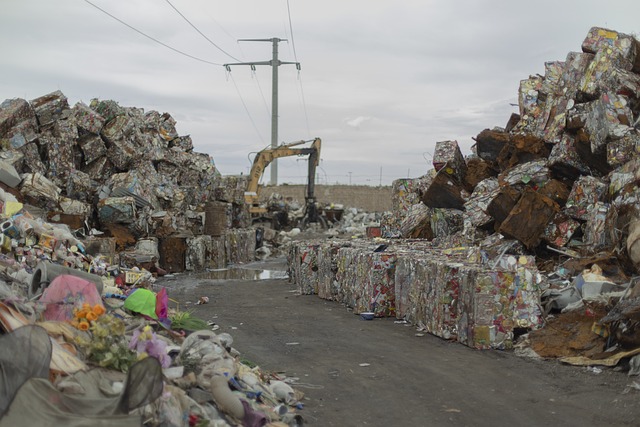The Importance of Recycling in Waste Management
Proper waste management is crucial for maintaining a healthy environment. One of the most important aspects of waste management is recycling. Recycling plays a vital role in reducing the environmental impact of waste and conserving natural resources. In this section, we will explore the importance of recycling in waste management.
First and foremost, recycling helps to conserve valuable resources. Many products are made from materials that can be recycled, such as paper, plastic, glass, and metal. By recycling these materials, we can reduce the need for extracting and processing raw materials, which often involves destructive practices like mining and deforestation. By reusing these materials, we can minimize the strain on our natural resources and preserve them for future generations.
Furthermore, recycling helps to reduce energy consumption. The production of new products from recycled materials requires less energy compared to manufacturing products from raw materials. For example, producing aluminum from recycled aluminum cans requires only 5% of the energy needed to produce aluminum from bauxite ore. By recycling, we can significantly decrease the demand for energy and reduce greenhouse gas emissions associated with energy production.
In addition to conserving resources and reducing energy consumption, recycling also helps to mitigate pollution. When waste is not properly managed, it often ends up in landfills or incinerators. Landfills release harmful gases, such as methane, which contribute to climate change. Incinerators emit pollutants into the air, including toxic chemicals and greenhouse gases. By recycling, we can divert waste from landfills and incinerators, thereby reducing pollution and its detrimental effects on the environment and human health.
Moreover, recycling plays a crucial role in reducing the amount of waste that ends up in our oceans and waterways. Plastic waste, in particular, poses a significant threat to marine life. It is estimated that over 8 million tons of plastic enter the oceans each year. Marine animals often mistake plastic for food, leading to ingestion and entanglement, which can be fatal. By recycling plastic, we can prevent it from entering our oceans and protect marine ecosystems.
Furthermore, recycling creates economic opportunities and jobs. The recycling industry employs millions of people worldwide, contributing to economic growth and development. Recycling also stimulates innovation and encourages the development of new technologies and processes for waste management. By investing in recycling infrastructure and supporting recycling initiatives, we can create a sustainable and circular economy that benefits both the environment and the economy.
In conclusion, recycling is an essential component of proper waste management. It helps to conserve resources, reduce energy consumption, mitigate pollution, protect marine ecosystems, and create economic opportunities. By recycling, we can minimize the environmental impact of waste and move towards a more sustainable future. It is crucial for individuals, businesses, and governments to prioritize recycling and take proactive measures to promote and support recycling initiatives. Together, we can make a significant difference in preserving our planet for future generations.



